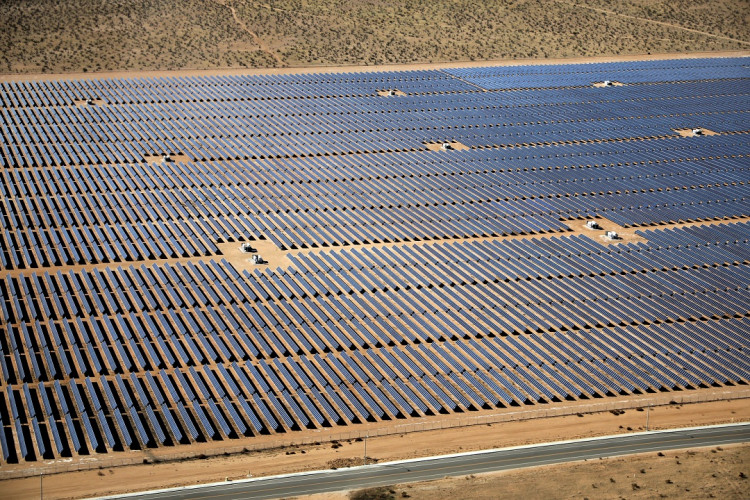The only reason that coal has been the go-to method for decades to generate power is that it has been much more economical than other energy generation systems. However, that same economic reason is now threatening the world's remaining coal power plants. Prices for wind and solar power plants have gradually decreased over the past decades, thanks to better technology and recent scientific breakthroughs.
According to a report released by Monday by Energy Innovation, a nonprofit think tank based in California, costs for wind and solar power have now plunged by a significant amount that opting for renewable energy as opposed to coal would actually save operators money. Given the simple laws of economics, the decrease in wind and solar costs could potentially result in 74 percent of the United States' coal power plants to be phased out in the next couple of years. Other estimates have revealed an even higher figure, with as much as 86 percent of the country's coal plants being decommissioned in favor of renewable energy by 2025.
The report also took into account the costs and risks involved in building and operating coal power plants. The organization's director of electricity policy, Mike O'Boyle, explained in an interview that the United States' coal plants are now in more danger than ever before because of the rapid drop in wind and solar costs.
O'Boyle's statements are of course is contrary to the recent promise of United States President Donald Trump, who had vowed to revive the troubled coal industry. Trump recently called on the end to the "war on coal" by slashing regulations and calling for "cleaner coal" to be produced. The president also reversed Obama's coal emission regulations, which now makes it easier to open new coal power plants.
Despite Trump's pro-coal regulations, Energy Innovation believes that the biggest enemy of coal power is not regulations but economics. The organization predicts that major coal power plants across the country will continue to be pressured by renewable energy. By 2025, states like North Carolina, Texas, and Georgia, which have the greatest amount of coal plants, will be at risk.
Despite being significantly cheaper, and possibly even more so with new research and development, the implementation of new renewable energy power plants will still have to go through a number of hurdles. For one, these types of plants will still have to go through state regulators, who will have to sign off on the new plants. Another major issue involves the possible loss of thousands of jobs and its impact on the local economy.






